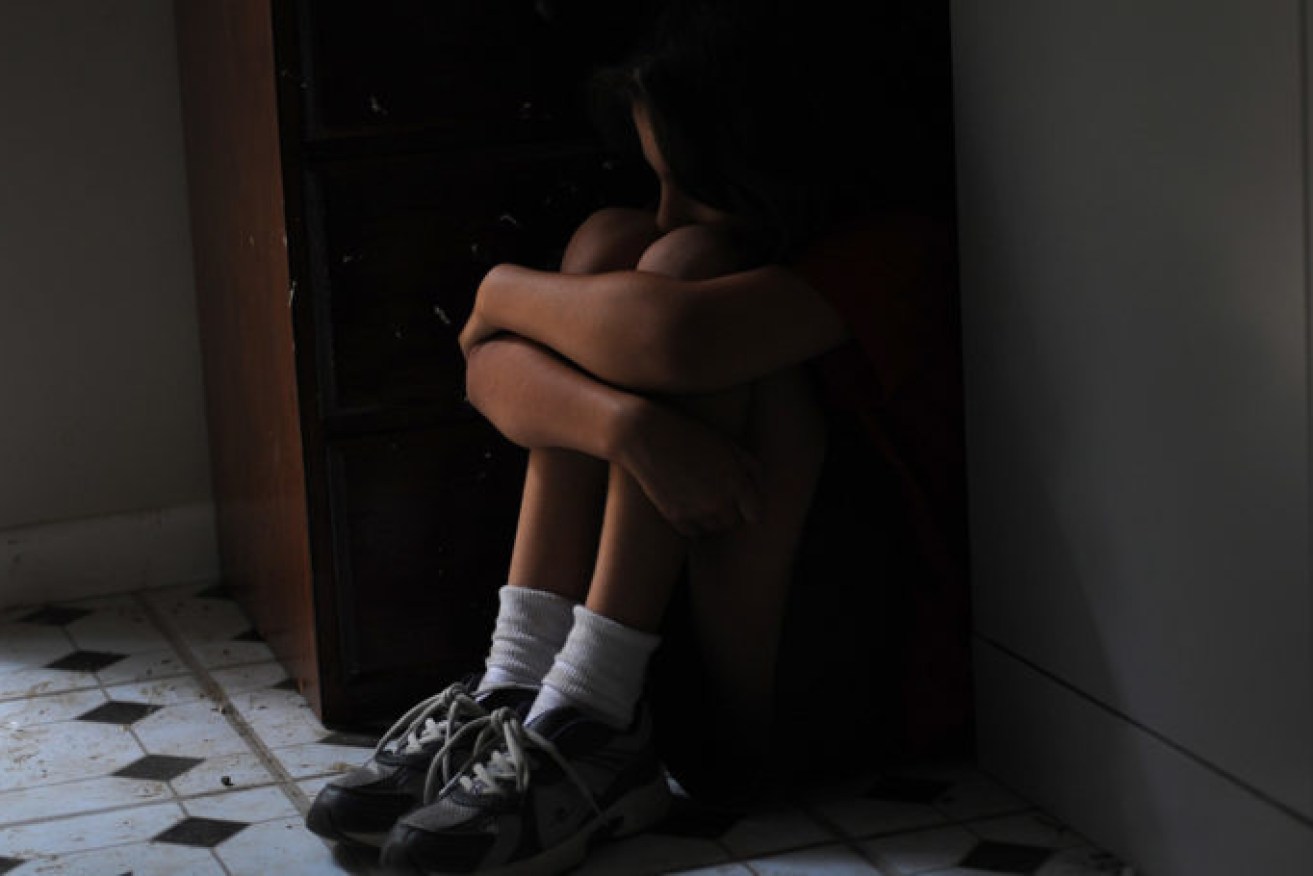Child protection staff to be taught how to prevent sexual exploitation
Over half a million dollars is being spent training child protection staff to better detect and prevent child grooming and exploitation after a series of recent court cases exposed a spate of abuse involving vulnerable children in residential care.

Photo: AAP
Up to 1000 Department for Child Protection staff working in residential care homes across South Australia are being taught how to talk to children about respectful relationships, grooming and sexual exploitation, and how they can identity early warning signs of abuse.
The new “Power to Kids: Respecting Sexual Safety” program is being delivered by not-for-profit organisation MacKillop Family Services and is costing the government over $500,000 to run.
Its rollout, which started at the beginning of this month, follows a spate of sexual abuse cases involving South Australian children in state care – the most recent of which came before the courts last month and involved a 16-year-old Adelaide boy who was lured and abused by an older man.
Richard Ian Squires, 39, pleaded guilty to two counts of unlawful sexual intercourse and failing to comply with a bail agreement.
Earlier this year, two paedophiles were sentenced months apart for offences against two teenage girls in state care who fell pregnant as a result of the offending.
The cases sparked a review by former District Court Judge Paul Rice, who described the department’s reporting of abuse as a “mess”.
Child Protection Minister Rachel Sanderson said cyber safety was a “world-wide issue” and there was “no doubt” that technological advances presented new risks.
“Spam, scams, identity theft, fraud, and predatory behaviour are just some of the issues we – and all children and young people – face when we use devices,” she said.
“The (Power to Kids) program will give our residential care staff the confidence to have brave conversations with our young people and give them the skills to prevent, identify and intervene when they notice indicators of abuse.
“This new, innovative program… will give staff additional tools and strategies to recognise when a young person is becoming the target of harmful sexual behaviour, child sexual exploitation and dating violence.”
The Power to Kids program, which was evaluated by the University of Melbourne, has been trialled across four MacKillop Family Services residential care homes in Victoria.
According to the MacKillop Family Services website, the program teaches residential carers to have “brave conversations” about sexual health and safety with young people.
It also aims to strengthen carers’ relationships with children, show them how to “assertively outreach” when children are missing and teach them how to identify early warning signs of sexual abuse.
A report summarising the trial’s findings states children and young people who participated experienced increased protection against harmful sexual behaviour, sexual exploitation and dating violence.
They were also observed to be missing from home less often and their relationships with carers improved.
MacKillop Family Services CEO Dr Robyn Miller said many young people in residential care had experienced “horrific” family violence, abuse and neglect, which made them vulnerable to exploitation.
“Many carers have not been equipped with the skills to identify and respond effectively,” she said.
A report released by SA’s Guardian for Children and Young People Penny Wright in December found that over the 2019-20 financial year, more than 180 children in state care were victims or at risk of alleged sexual assault.
Wright’s report found most of the sexual abuse notifications involved girls aged between 10 to 14, who were looked after in residential care homes.
A recent report by the Auditor-General shows the number of children in state care increased to 4646 this year, up by about 300 compared to 2020 statistics.




